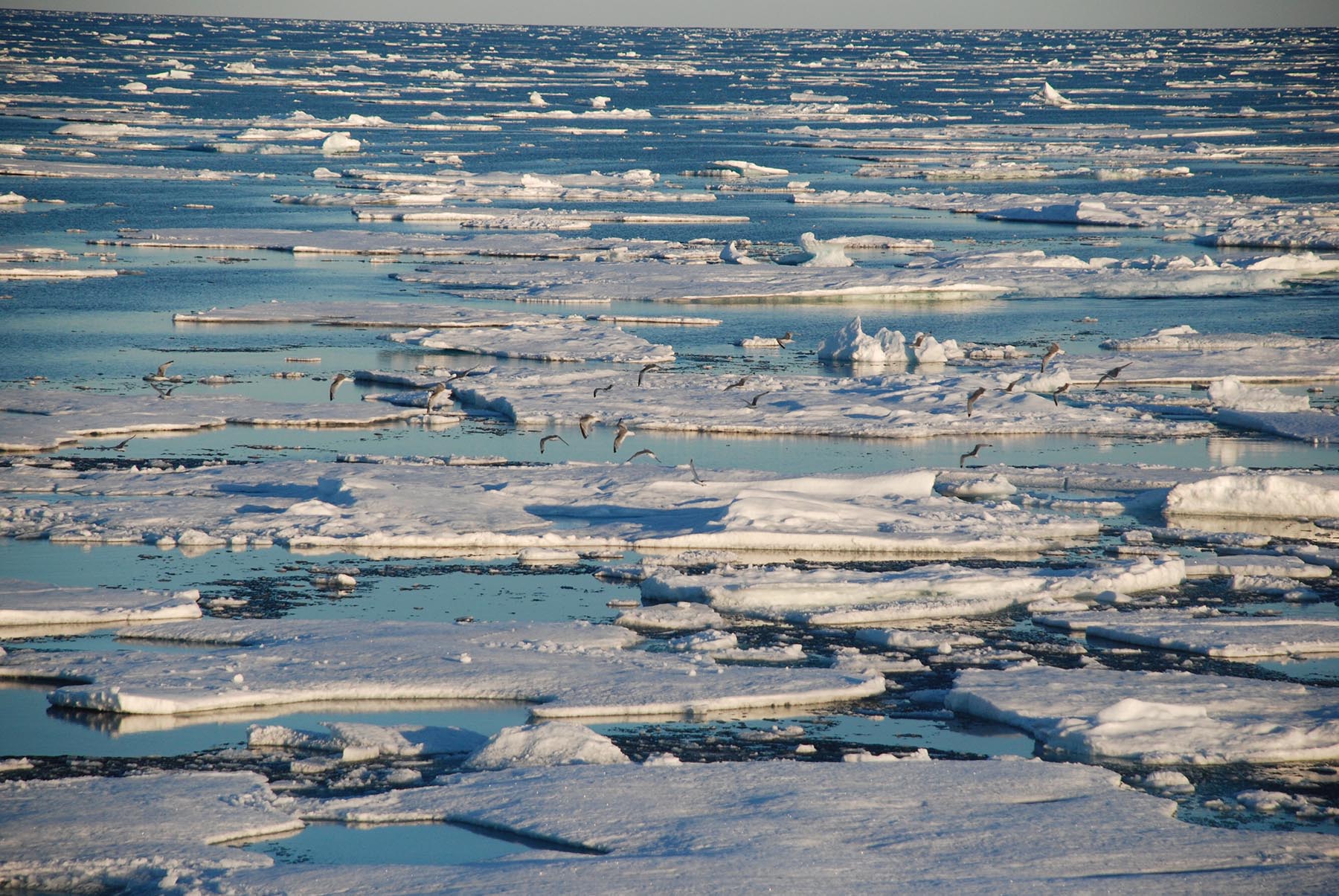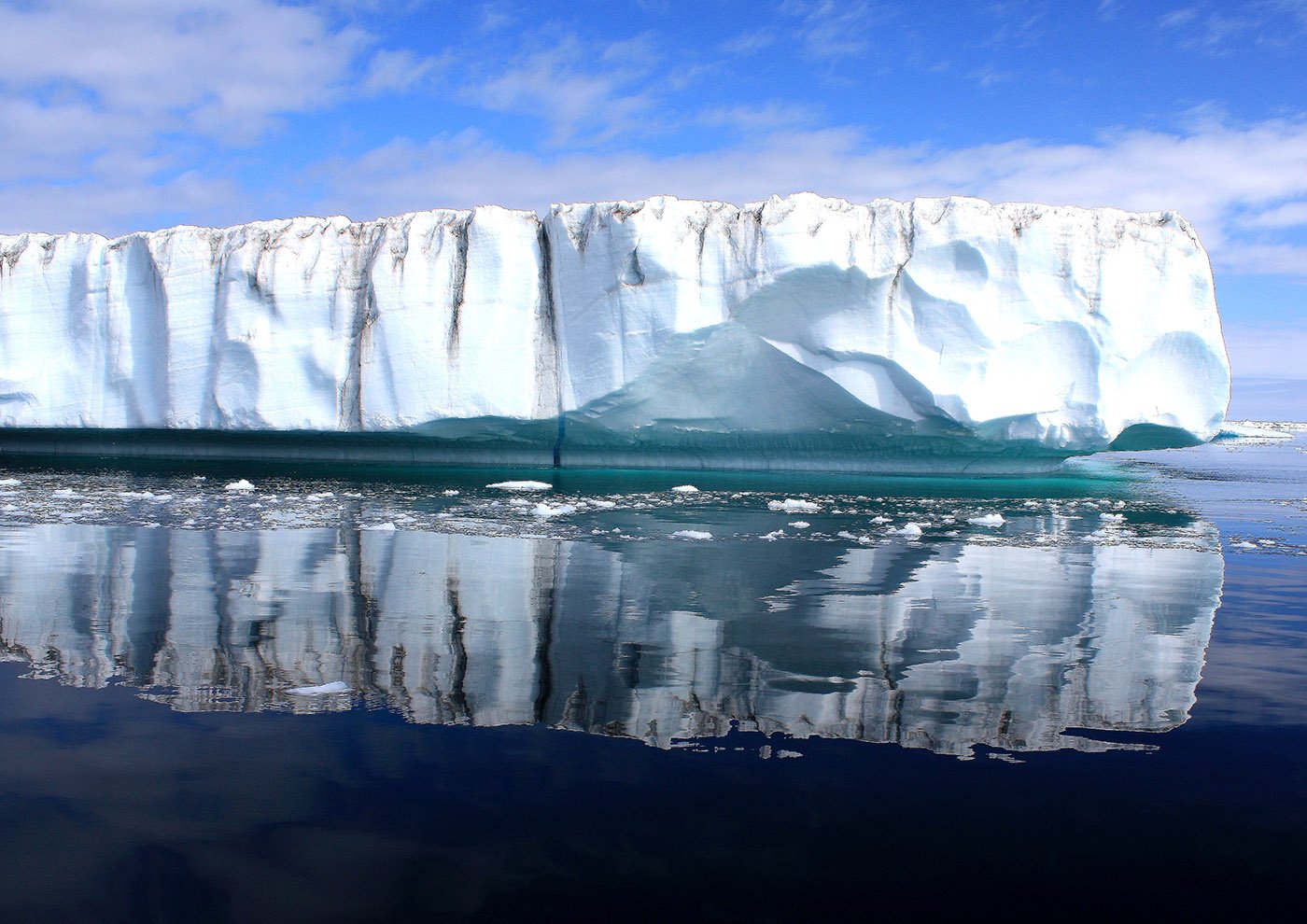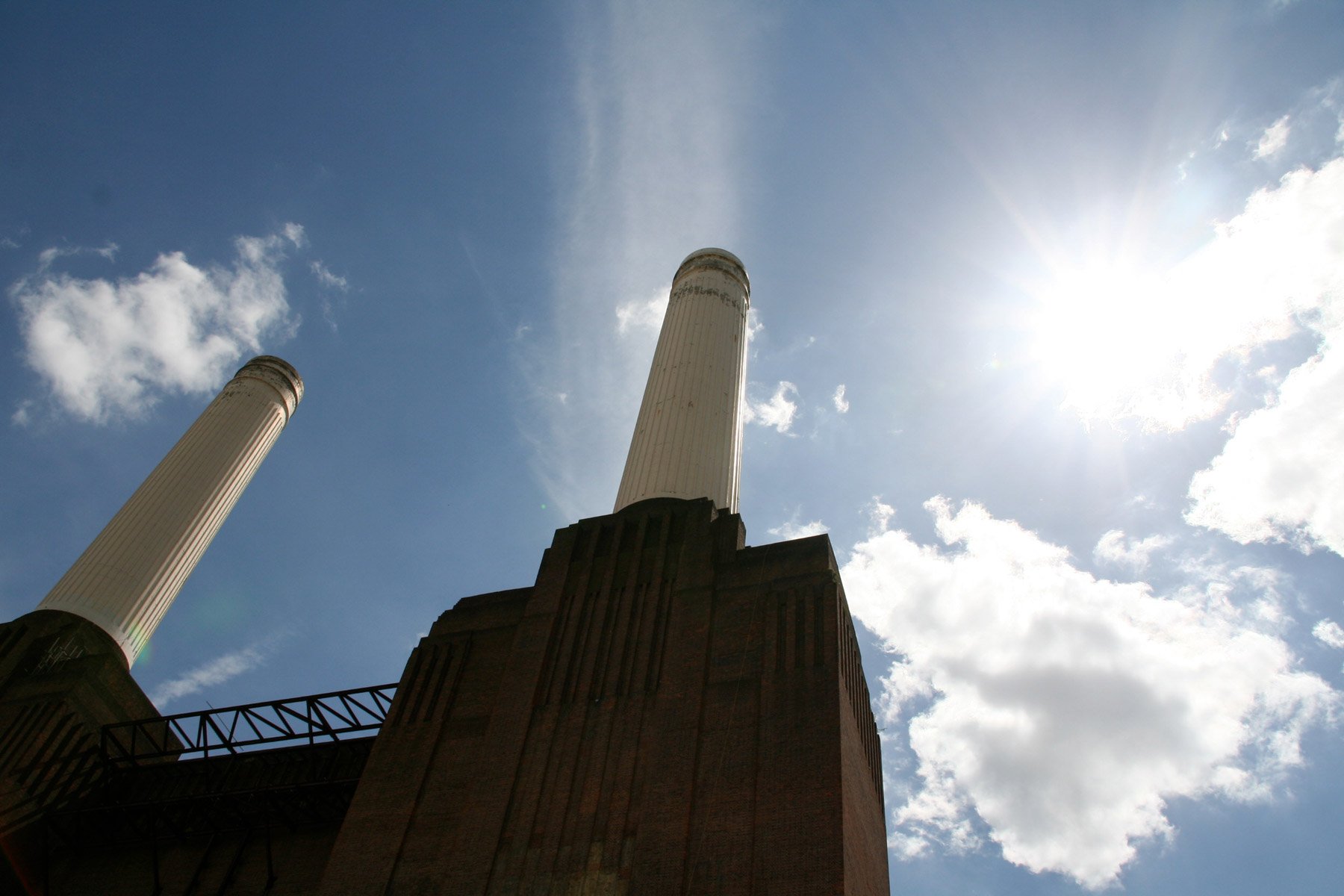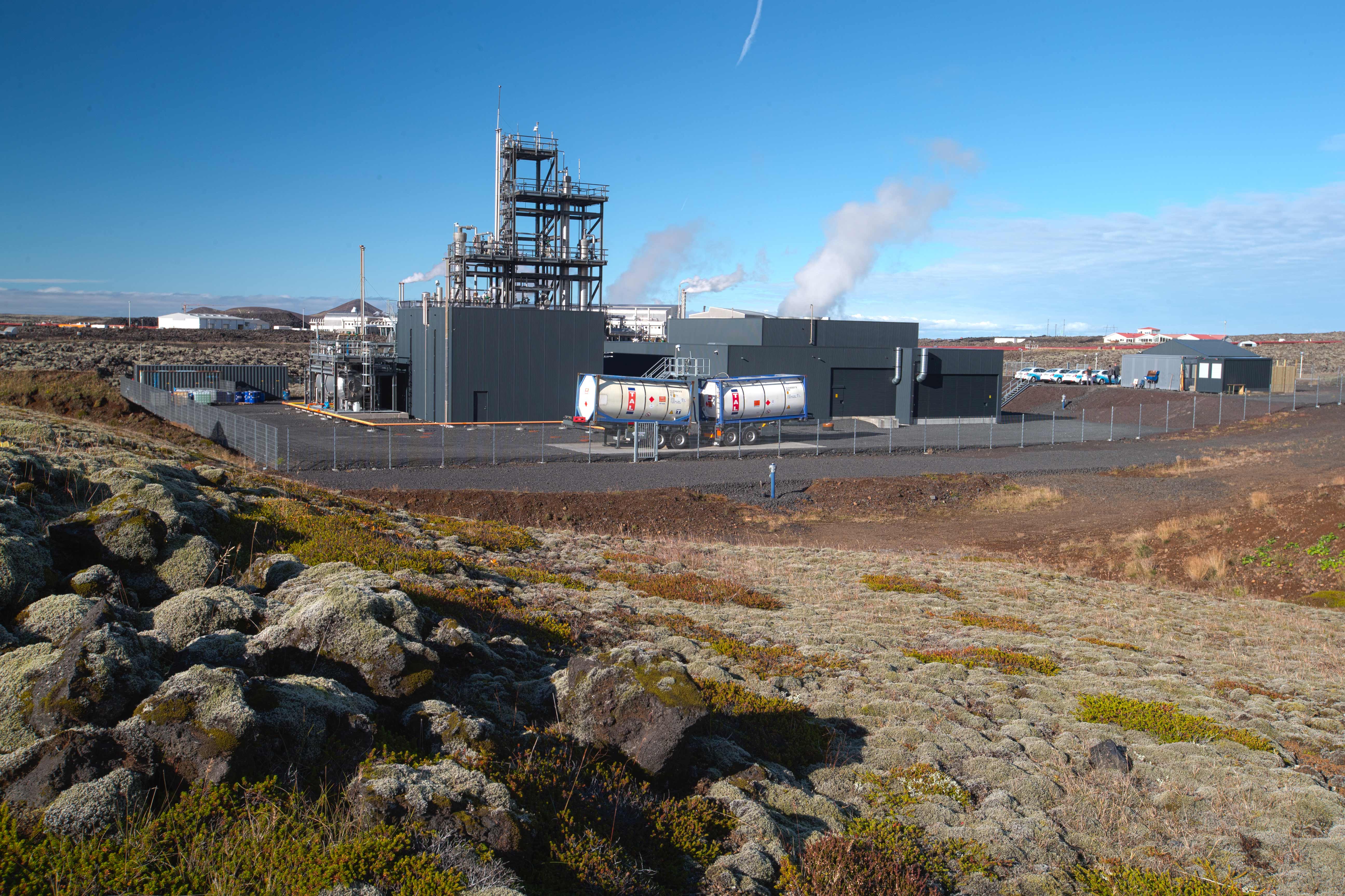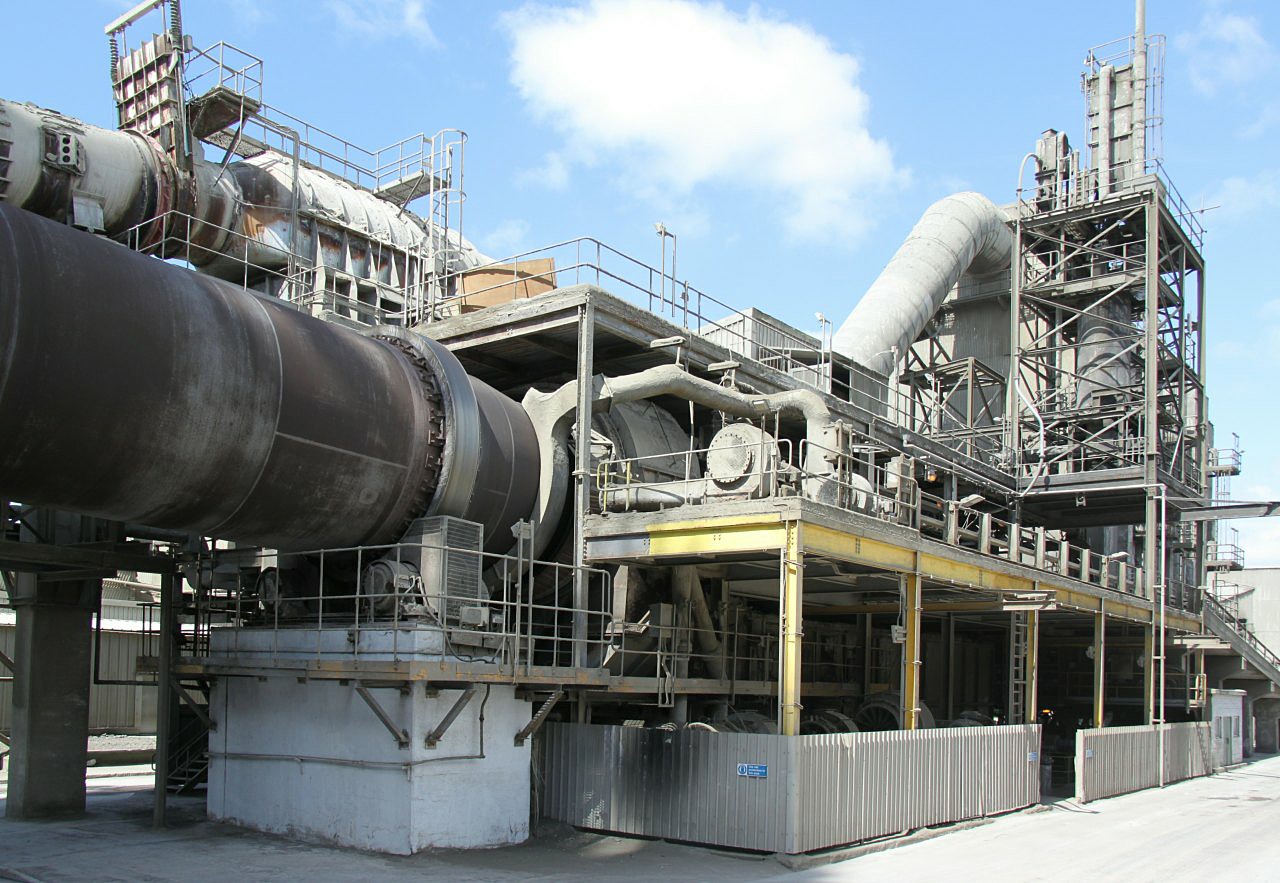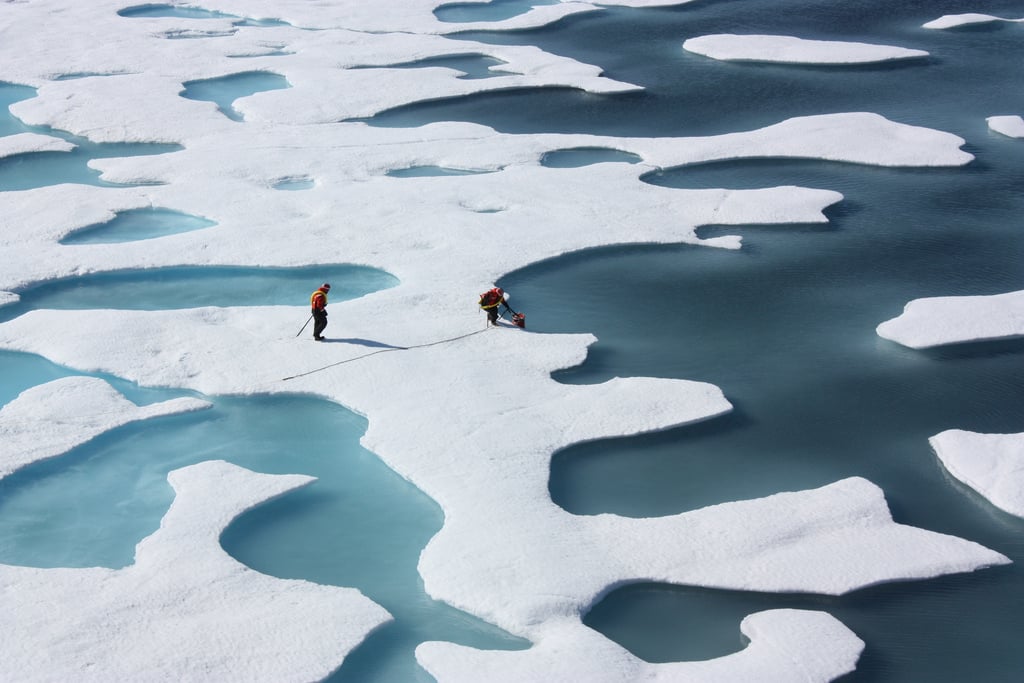Why we may be able to save the Greenland ice sheet
Studies of ice melt in the Arctic suggest that world may have a fighting chance of preventing huge sea level changes that would result from the dramatic collapse of the vast ice sheets that cover Greenland, but that more work is needed to understand the wider effects. Greenland has more than two trillion tonnes of … Read more

